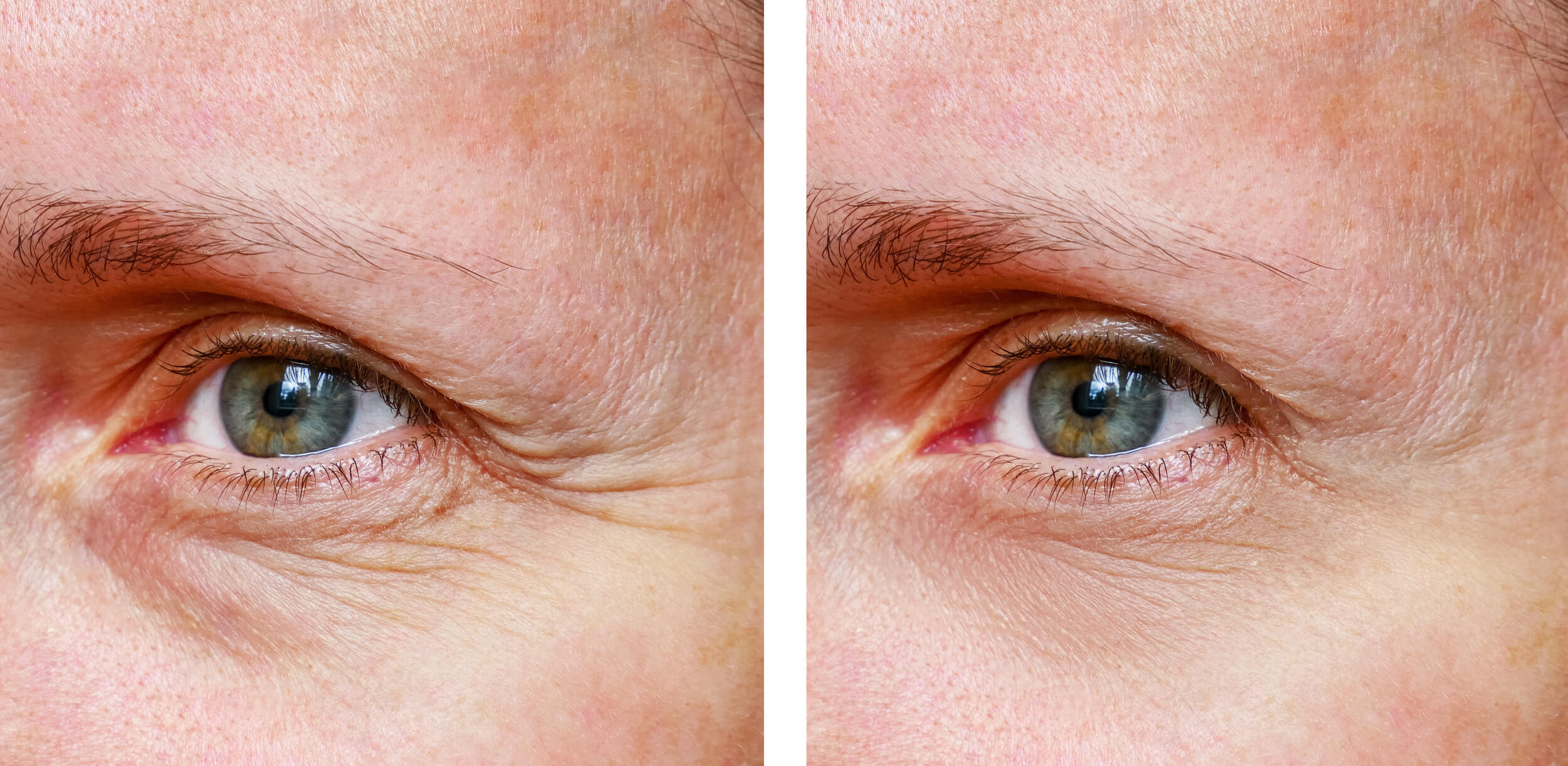What We Think Aging Gracefully Means
Most people hear aging gracefully and picture someone with barely any wrinkles, lots of energy, and a calm smile—like growing older is smooth and easy. But let’s be honest, that’s not always how it feels. You might catch your reflection and think, “When did that change?” or feel left out in spaces where youth seems to take the spotlight.
Instead of trying to stay young, what if aging gracefully was about staying real? Not perfect—just honest. It could mean showing up with confidence, even when your knees creak a little. Or being proud of who you are now, not who you used to be.
Aging gracefully might not look like what we’ve been told. And maybe that’s the part no one really talks about—but should.
The Part People Rarely Say Out Loud
Some shifts hit harder than we expect. Aging gracefully sounds peaceful, but no one talks much about the quiet grief that comes with it. Your body starts to feel different. Energy fades quicker than it used to. The mirror reflects a version of you that doesn’t match how you feel inside.
There’s a strange sadness in saying goodbye to the younger version of yourself. Not because you don’t like who you are now—but because that version held dreams, speed, and a kind of confidence that came easily.
This isn’t about being shallow. It’s about change. And the truth is, aging gracefully means making room for those feelings instead of pushing them away. Grieving the past doesn’t mean you’re stuck—it means you’re human.
You Don’t Have to Pretend You’re Fine All the Time
There’s pressure to age “well” and always stay upbeat. But aging gracefully doesn’t mean smiling through every hard moment.
Some days you might feel grounded, calm, and proud. Other days, you may want to cry over stiff joints or feel lost in your own skin. That’s okay.
Being honest about how you feel—without shame—is part of growing older with grace. Hiding struggle doesn’t make it go away. Letting yourself be real makes aging feel less lonely.
You don’t need to be strong all the time to be aging gracefully. You just need to be true to yourself.
When Aging Begins Sooner Than You Expect
Gray hairs or backaches don’t wait for a milestone birthday. Aging gracefully isn’t something that starts at 70—it sneaks in during your thirties, forties, and even earlier.
You might feel it when you pull a muscle doing something simple. Or when you’re skipped over in a conversation that used to include you. These moments catch you off guard.
No one tells you that the signs of aging show up in daily life long before retirement age. Aging gracefully means noticing these moments and handling them with care, not panic.
It’s a process, not a deadline. One that starts earlier than most of us expect.
The Most Honest Truth About Aging Gracefully
Looking the same isn’t the goal—feeling at peace is. That’s the most honest part no one says out loud.
Aging gracefully isn’t about holding on tight to how things used to be. It’s learning how to be gentle with yourself in ways you never needed before.
You get better at letting go. At laughing when things don’t go as planned. At not needing to prove anything.
Confidence, kindness, and presence become the things people notice most. And even if your face changes, your energy tells the real story.
That’s what aging gracefully really looks like. Not louder. Just wiser.
What Helps These Shifts Happen
The changes that come with aging don’t show up overnight. They come from habits—quiet ones that work in the background.
Aging gracefully grows from the little things you do every day, like how you talk to yourself or what you say yes to. These aren’t rules—they’re gentle tools.
- Choose rest without guilt
- Move your body, even just a little
- Talk kindly to yourself
- Laugh often, even at small things
- Stay open to love and connection
Real Habits That Help You Age Gracefully
Aging gracefully doesn’t happen overnight. It comes from quiet, everyday choices that build strength, ease, and self-respect over time. These habits aren’t flashy—but they matter more than you might think.
- Make peace with who you were
Your younger self helped you survive, grow, and get to this point. Comparing who you are now to who you used to be only steals your joy. Respect the journey. Aging gracefully starts with accepting your past instead of fighting it. - Say no without feeling guilty
As you get older, your time and energy become more valuable. Saying no to things that drain you is not selfish—it’s smart. Boundaries protect your peace. Aging gracefully includes learning when to step back and rest without guilt. - Keep laughing, especially at yourself
A sense of humor makes everything easier. Life will always throw challenges your way, but if you can laugh—even at your own mistakes—it lightens the load. Laughing often is one of the easiest ways to keep aging gracefully. - Take care of your body, not to stay young—but to stay you
You don’t need extreme routines or expensive products. Drinking water, stretching, sleeping well—these simple things help you stay clear-headed and grounded. When you care for your body kindly, you age with ease, not pressure. - Stay curious, not cynical
Just because you’ve been through a lot doesn’t mean you’ve seen it all. Stay open. Read new things, try different foods, ask questions. Curiosity helps you grow in new directions. It’s a powerful part of aging gracefully. - Let go of grudges that weigh you down
Carrying anger or hurt makes everything heavier. Letting go doesn’t mean what happened was okay—it means you don’t want it controlling your life anymore. Aging gracefully means choosing peace over resentment, for your own sake. - Let people love you fully
It’s easy to give love but harder to accept it sometimes. But letting others care for you doesn’t make you weak—it makes you human. Connection keeps you strong. Aging gracefully includes being open to love, even when it feels scary.
The Role Confidence Plays in How You Age
Confidence doesn’t come from looking young—it comes from knowing who you are when everything else changes. Over time, titles shift, routines fade, and roles you once held may no longer fit.
But aging gracefully has more to do with how steady you feel on the inside than anything people see on the outside. When you trust yourself—your voice, your choices, your values—that’s real confidence.
You don’t need constant praise to know your worth. Aging gracefully means showing up as yourself, even when the spotlight isn’t on you. That quiet self-trust is what truly lasts.
What Aging Gracefully Is Not
This isn’t about staying wrinkle-free or pretending life is perfect. Aging gracefully doesn’t mean hiding your struggles or staying silent just to avoid conflict.
It’s not about acting younger or dressing to impress others. It’s about being real—whether you feel strong, tired, joyful, or unsure.
You don’t need to perform. You’re not here to meet anyone’s expectations. Aging gracefully is a daily practice of being honest, kind to yourself, and proud of the life you’ve lived—even when it’s messy.
Final Thoughts on Aging Gracefully
There’s no perfect way to grow older. Aging gracefully isn’t something you achieve by doing everything right—it’s something that builds when you live with honesty, keep your heart open, and let go of the need to be flawless.
Your laugh lines, scars, and soft spots hold stories. They’re signs that you’ve lived, felt deeply, and stayed in the game.
What matters most isn’t how you look—it’s how you treat yourself and others along the way. Keep showing up with warmth, even on hard days. Keep choosing love, even when it’s hard. That’s what aging gracefully really means. It’s quiet, it’s strong, and it’s completely yours.















